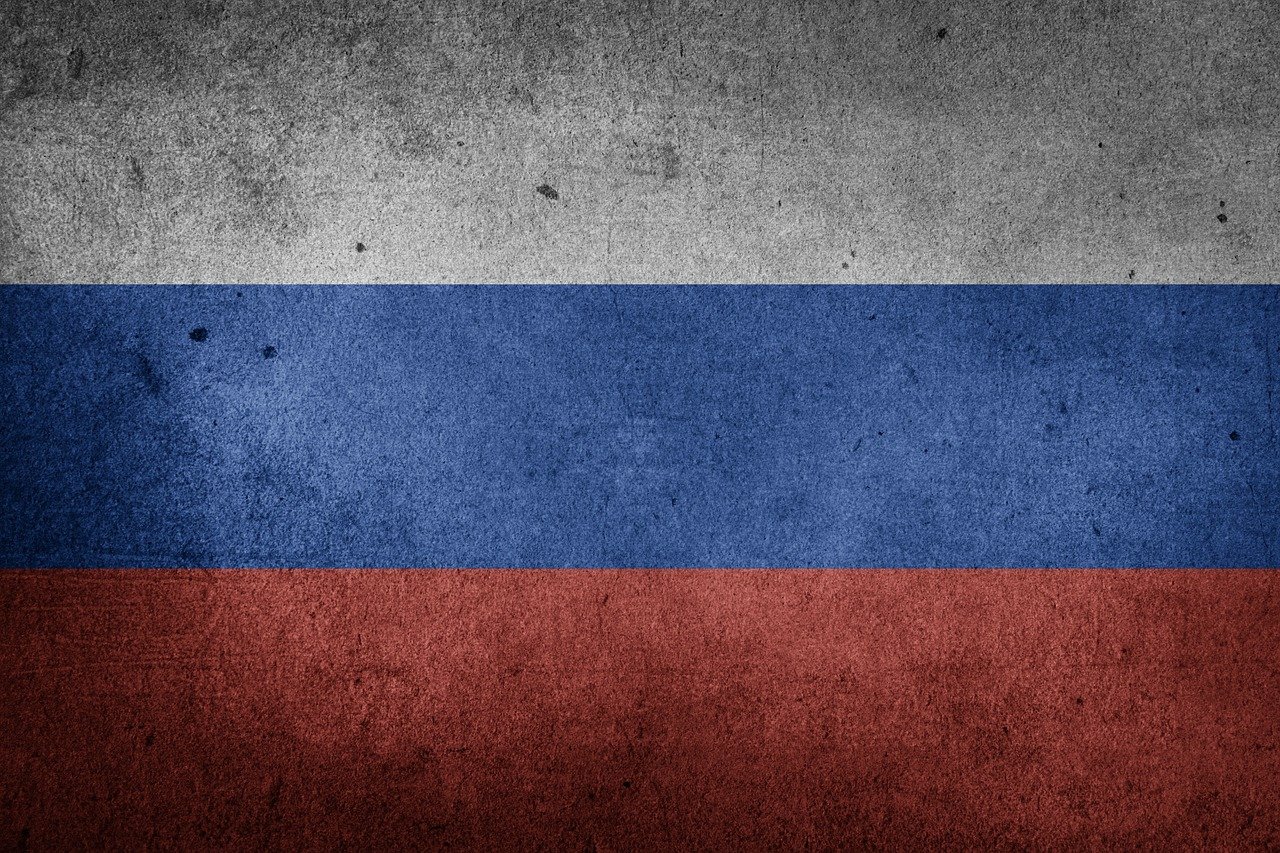Summary: The weekend mutiny of Yevgeny Prigozhin and the Wagner Group against the regime of Russian President Vladimir Putin marks “an inflection point” for Putin, says Duke University professor Simon Miles, an expert on Russia and the former Soviet Union. Miles’ comments below are available for use in your coverage.
Quotes:
“There is still a lot we do not yet know about Yevgeny Prigozhin and the Wagner Group’s day-long mutiny this past weekend. But this was an inflection point for the regime of Vladimir Putin,” says Simon Miles, an assistant professor at Duke University’s Sanford School of Public Policy.
“The mutiny was public, with Russian state television cutting into prime-time programming, it will leave physical scars where Russian artillery and aircraft struck targets in their own country to slow Wagner’s advance, and it will exacerbate tensions between the Russian force invading Ukraine and their already unpopular chain of command.”
“Wagner’s operation was a mirror of the Russian military’s in February 2022, just swapping Moscow for Kyiv — and Wagner’s seems to have worked much better. No wonder many in the military, especially enlisted and junior officers, see Prigozhin in a better light than their own chain of command.”
“Is this a death blow? Probably not. But when Putin finally addressed the situation — after about 12 hours of inaction — he showed genuine fear. This episode seriously undermined one of Putin’s core claims to political legitimacy: That without him, the country would spiral back into the chaos Russians experienced during the 1990s. Prigozhin’s success, with credible reports of parts of the military going over to his side, called into question the basic ability of the Kremlin to preserve order at home, never mind the disastrous invasion of its neighbor.”
“This is a disaster of Putin’s own creation. His divide-and-rule approach envisioned using Wagner — and other private military companies — as a balance against the Ministry of Defense and to spur the latter on when it was too slow for the micromanaging of Putin’s liking. But as that conflict escalated over the months, Putin was unwilling or unable to intervene and keep it from spiraling out of control. And in a personalist regime like Putin’s the most important currency is not competency, it is loyalty — nothing else explains why people like Sergei Shoigu and Valery Gerasimov are in their positions.”
“So faced with a mutiny, Putin had to negotiate. The terms of that bargain remain unclear, but going from denouncing Prigozhin as a traitor who had to be eradicated, to giving personal guarantees of safety so he can ensconce himself in Belarus, whose leader, Alexander Lukashenko, is even weaker, is a telling climb-down for someone who tries to present himself as omnipotent.”
Bio:
Simon Miles
Simon Miles is an assistant professor in the Sanford School of Public Policy at Duke and an expert on Russia and the former Soviet Union. He is the author of “Engaging the Evil Empire,” an account of how Washington and Moscow ended the Cold War.
For additional comment, contact Simon Miles at:
simon.miles@duke.edu
—
Media Contact:
Steve Hartsoe
steve.hartsoe@duke.edu
